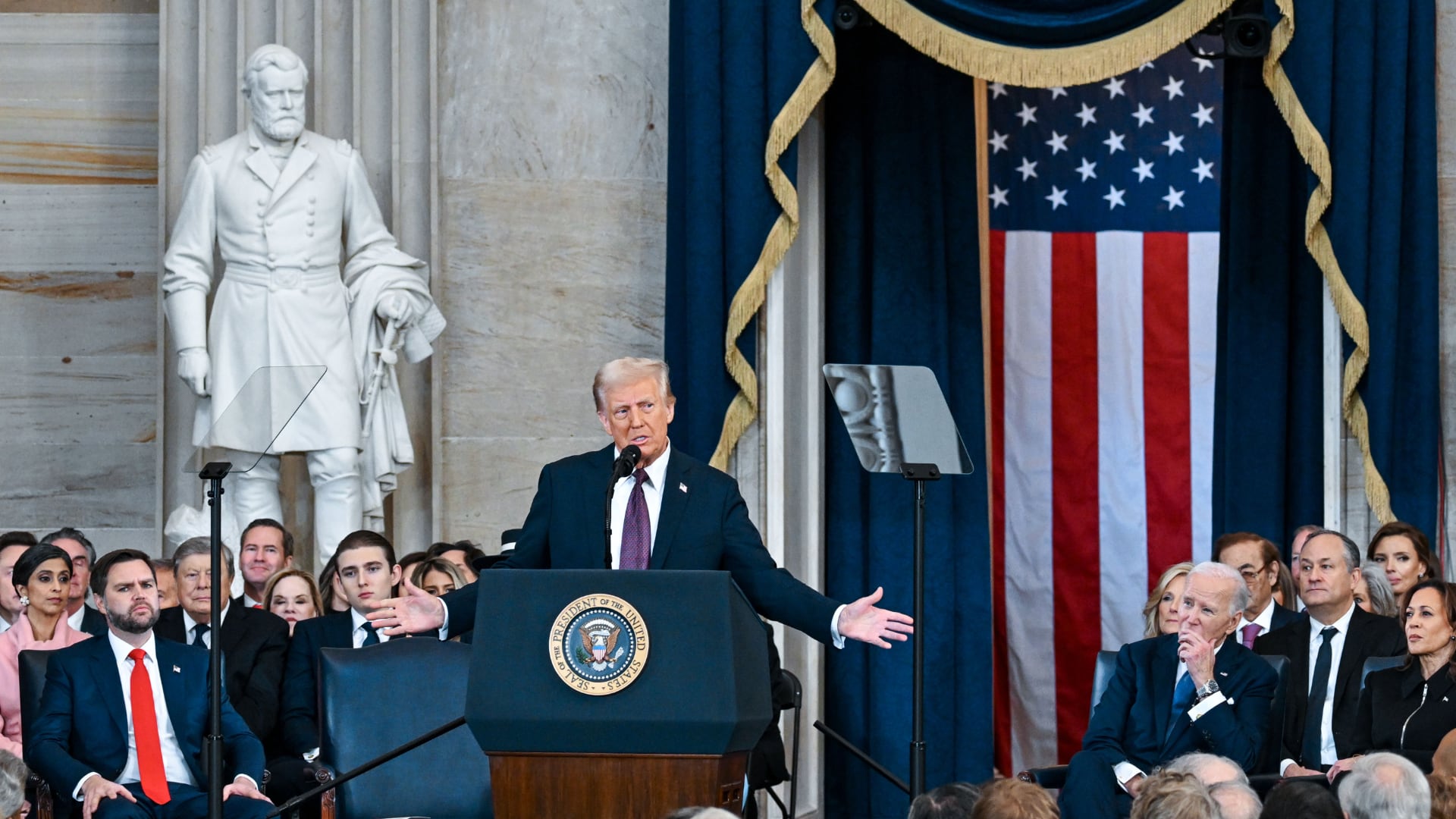*By Christian Smith* An estimated 76,000 women in the U.S. are expected to freeze their eggs this year, but many of them often feel as if they're all alone. That's why Washington Post filmmaker Nicole Ellis decided to create a docu-series chronicling her own experience with the process. "I think we should be having more of these conversations in plain sight," Ellis said Friday in an interview on Cheddar. "My hope is that this series reassures you that you're not by yourself." Ellis's eight-episode series "Should I freeze my eggs?" addresses both the psychological and financial costs women must consider when deciding whether or not to preserve their eggs. "As women are entering the workplace, and growing, and becoming self-sufficient, and autonomous, and sort of growing professionally in every regard, it's something to think about," Ellis said. Doctors have been freezing the eggs of women with life-threatening medical conditions like cancer for years, but it wasn't until 2012 that the American Society for Reproductive Medicine (ASRM) stopped calling the process "experimental" and allowed what is now known as "social egg freezing." The move has sparked controversy ー some argue that delaying pregnancy to an age when a woman may be infertile is unethical. And at such a high cost ー a single cycle can [cost](http://time.com/money/5321055/freeze-eggs-cost/) between $5,000 and $8,000 (not including medication), and in many cases women go through multiple cycles to improve their chances ー some think it's "elitist," a procedure only available to the wealthy. In the end, Ellis forewent the procedure in favor of using her savings to buy a house. To hear her rationale, Ellis said viewers have to tune in to her series. All eight episodes of "Should I freeze my eggs?" are available on The Washington Post's [website](https://www.washingtonpost.com/video/entertainment/coming-soon-should-i-freeze-my-eggs/2018/01/26/26f8c122-0225-11e8-86b9-8908743c79dd_video.html?utm_term=.e85079220d17). For full interview [click here](https://cheddar.com/videos/is-the-high-cost-for-freezing-your-eggs-worth-it).












